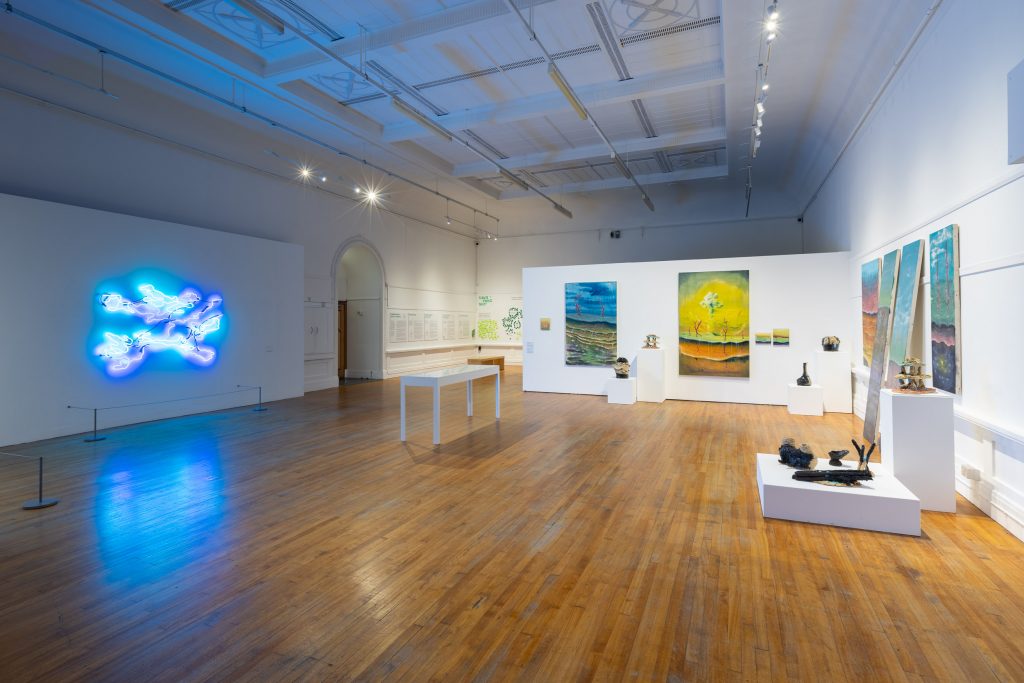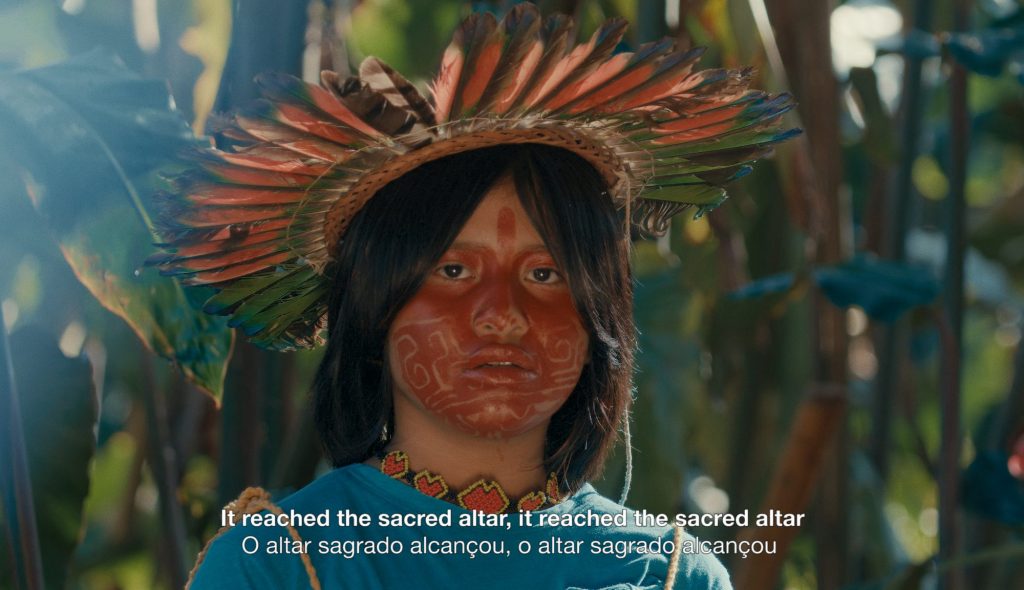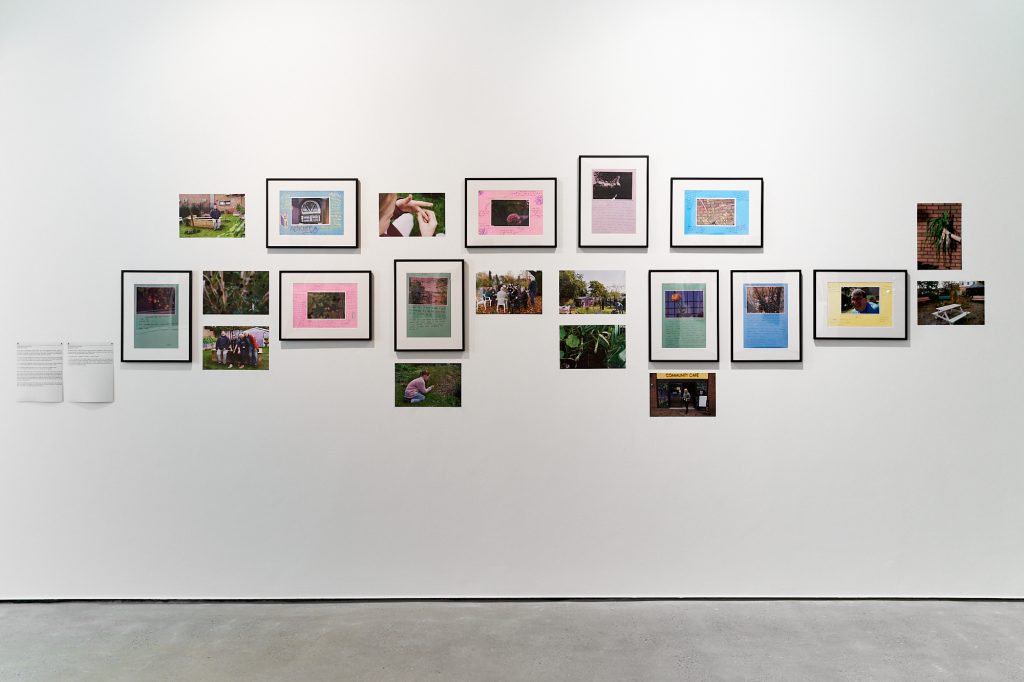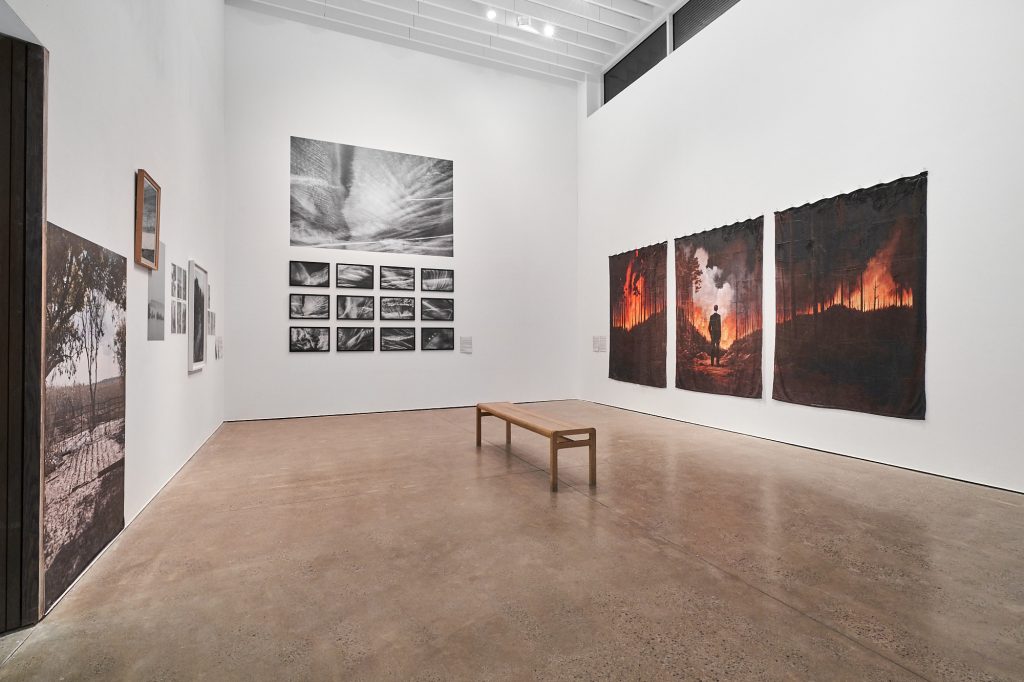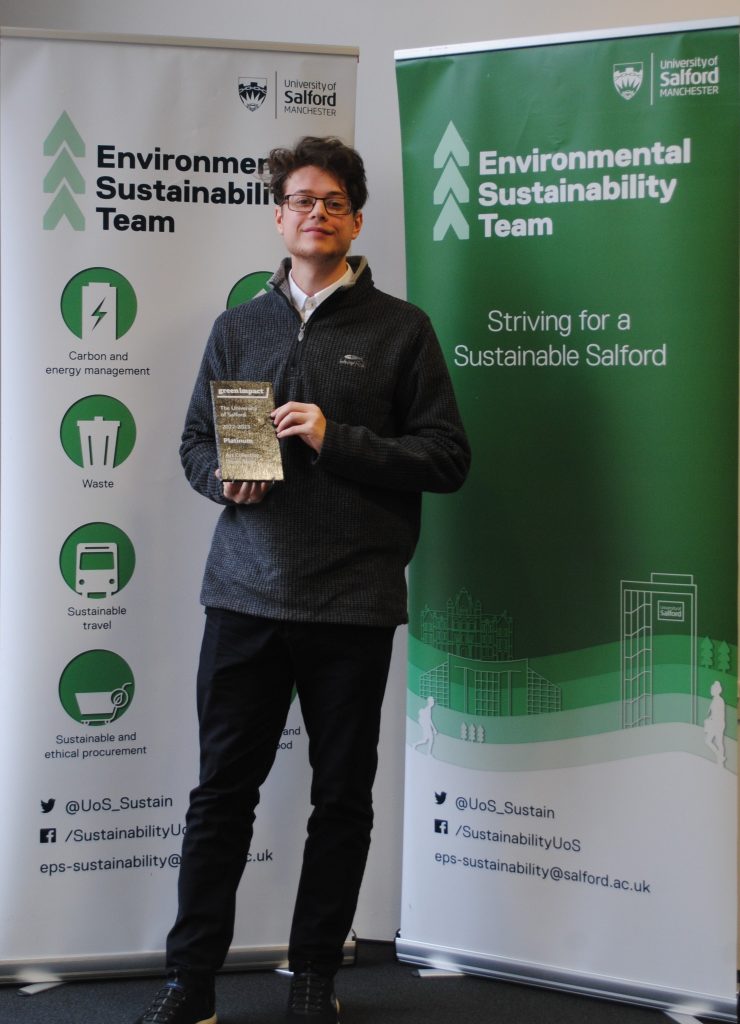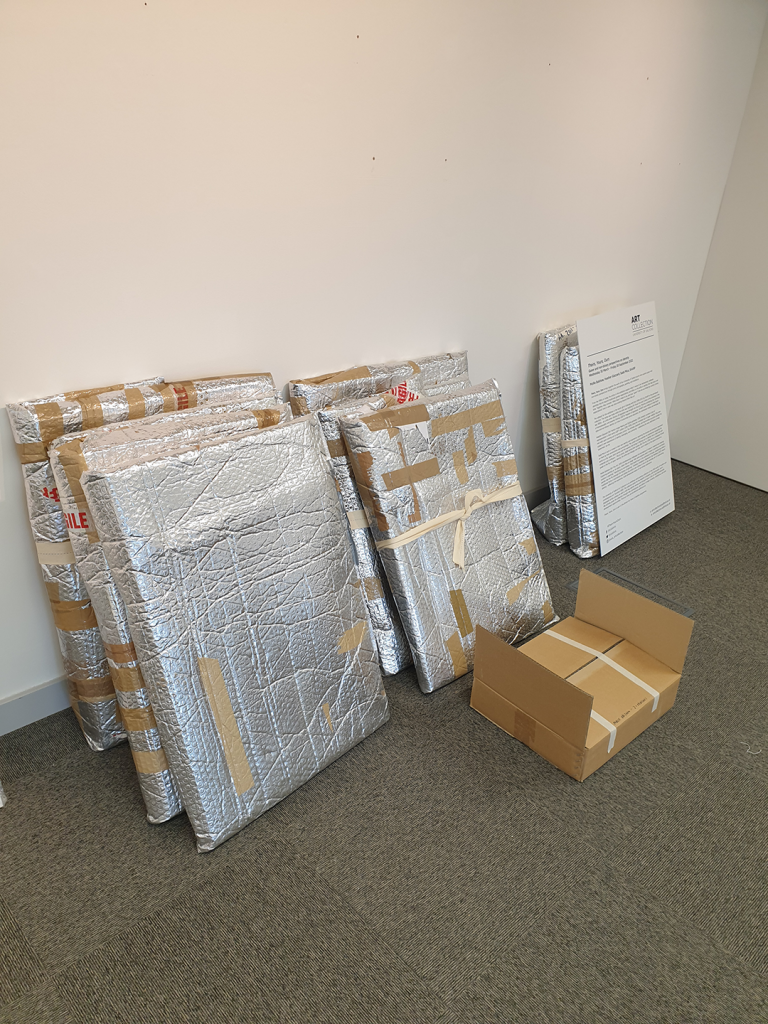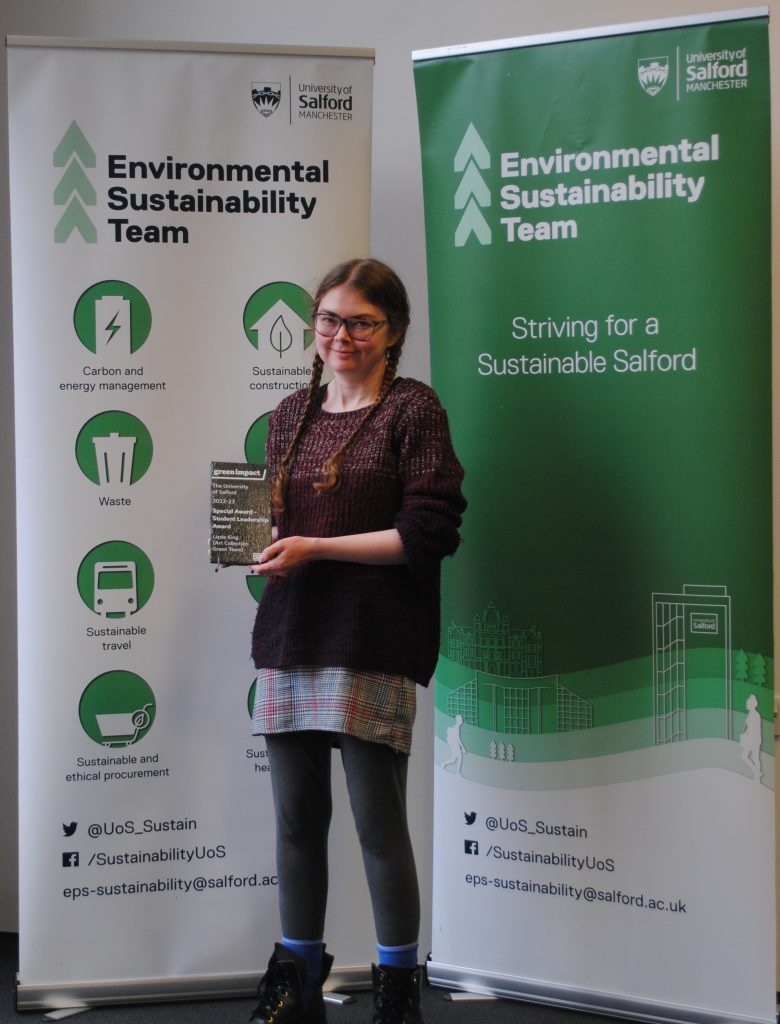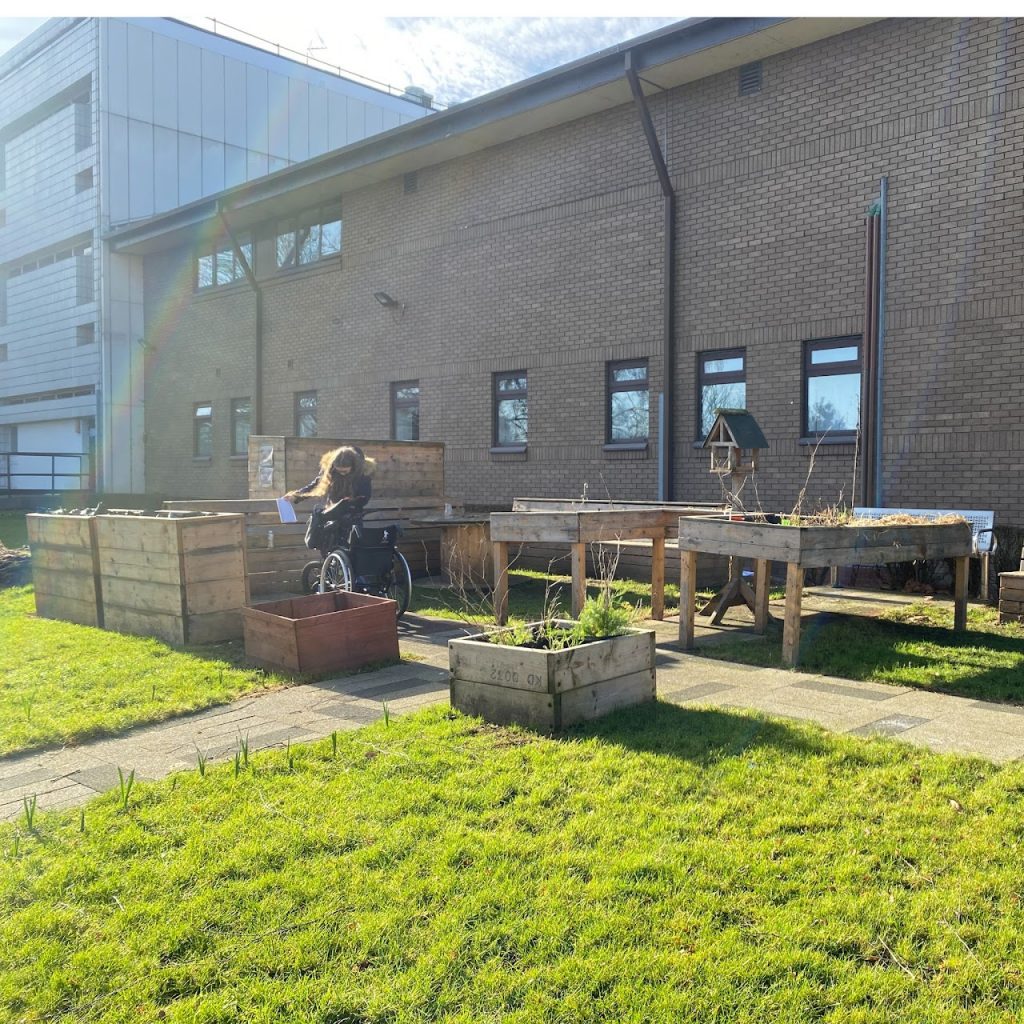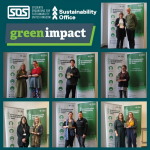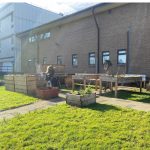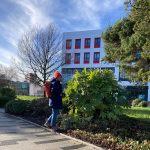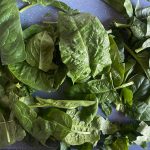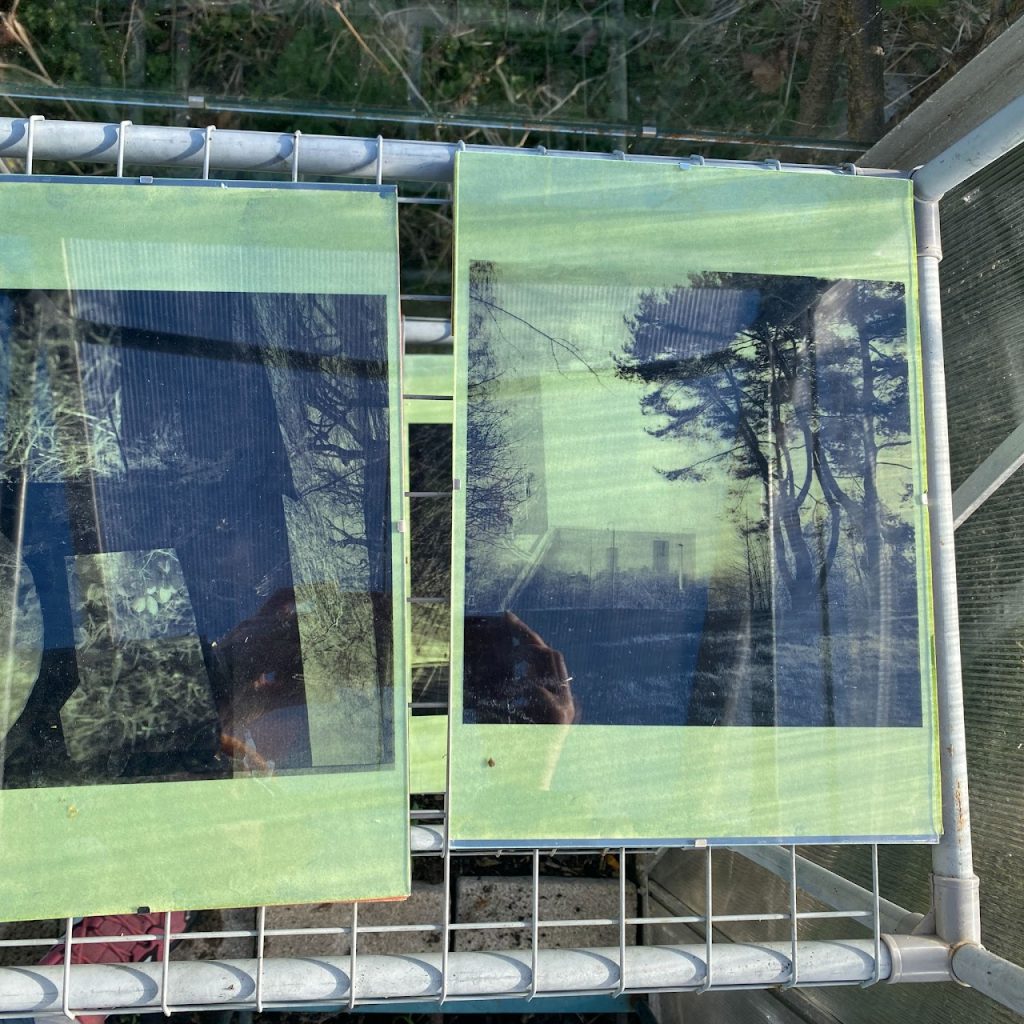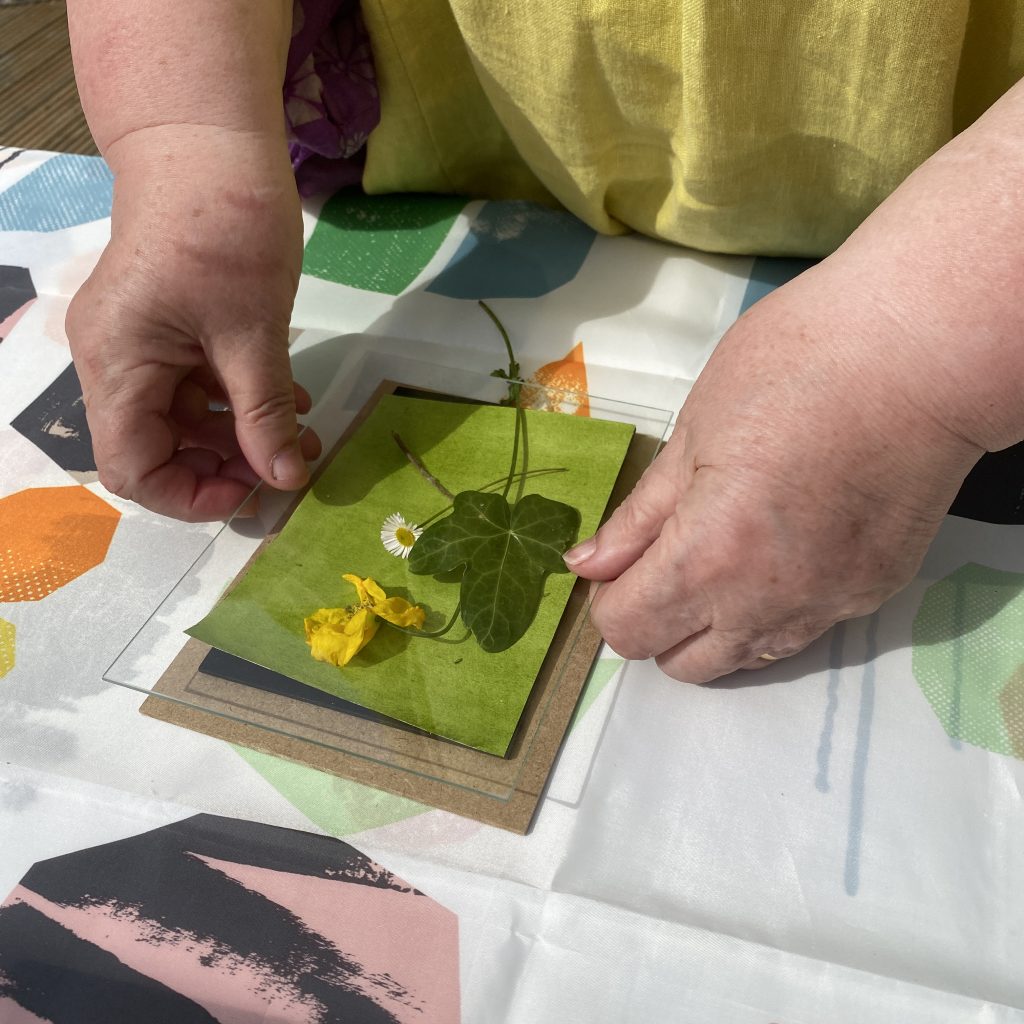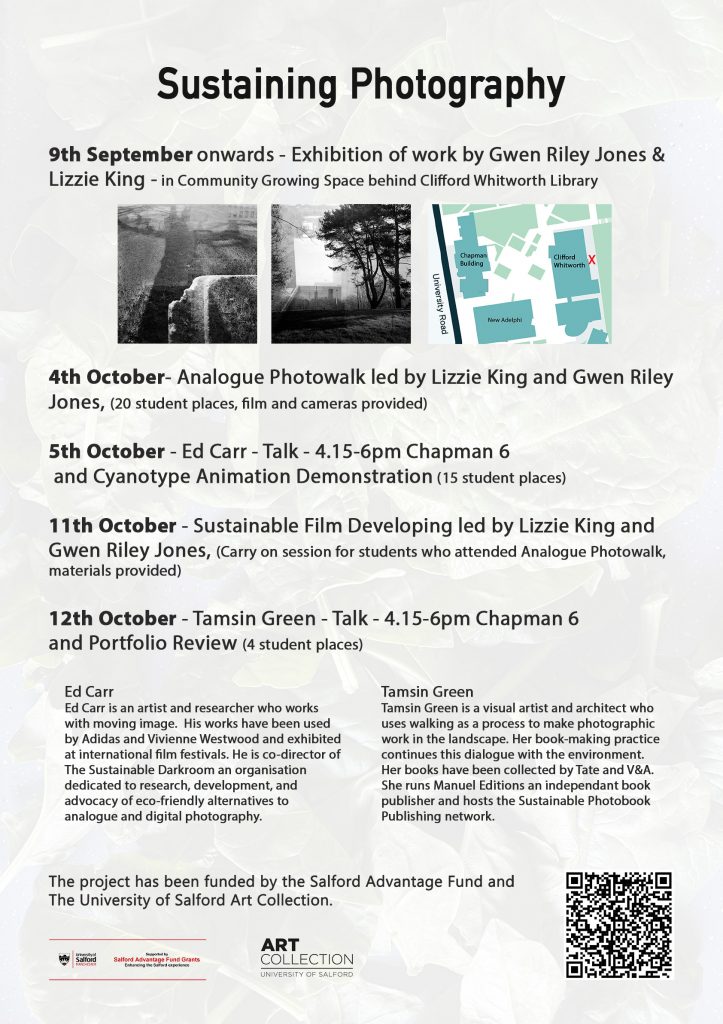OFFSHOOT: Memory Keepers at RHS Garden Bridgewater
Artist in Residence Yan Wang Preston launches OFFSHOOT at RHS Garden Bridgewater.
Join us at RHS Garden Bridgewater to meet photographer Yan, hear about her residency to date – and find out how you can become a ‘Memory Keeper’ for our magnificent 300 year old tree!
Saturday 21 June – 10:30am to 1pm at RHS Garden Bridgewater Learning Studio
£5 entry (refreshments included)
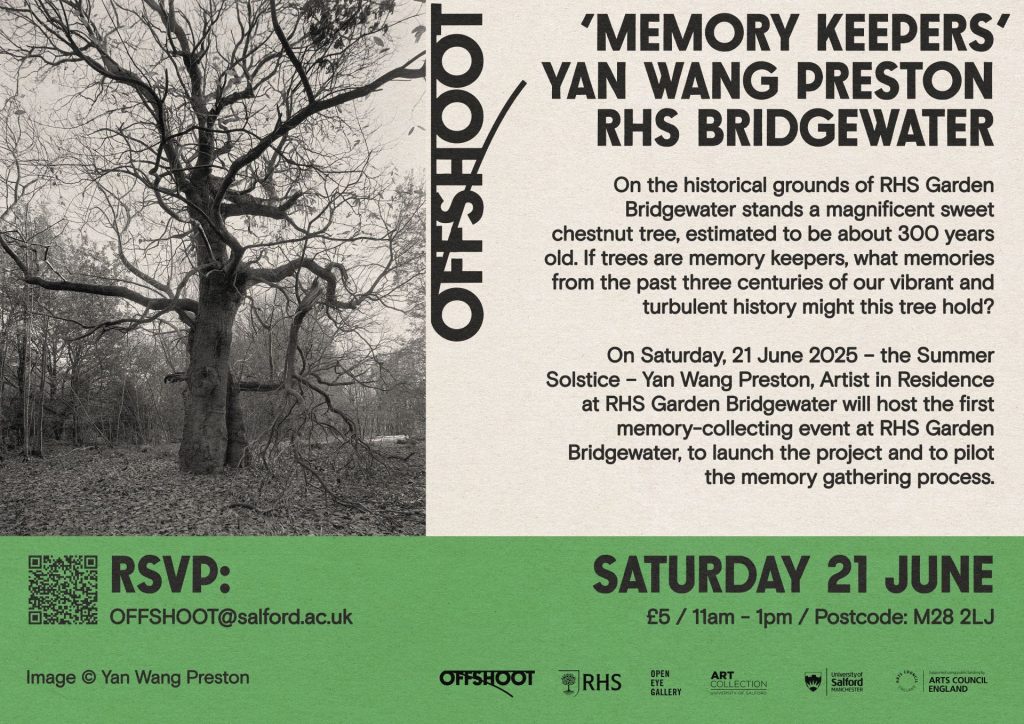
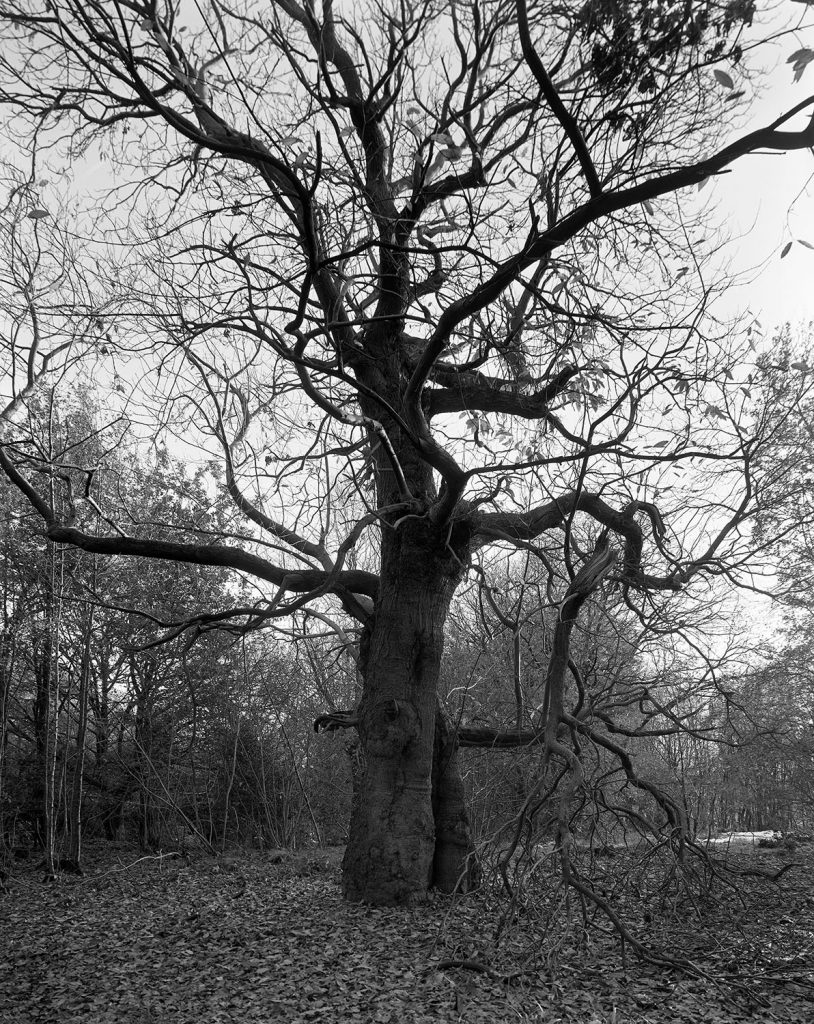
©Yan Wang Preston
In the historical grounds of RHS Garden Bridgewater stands a magnificent sweet chestnut tree, estimated to be around 300 years old. What vibrant, turbulent and wonderful memories could this tree tell us about our history? What memories does it keep?
Yan Wang Preston, OFFSHOOT Artist in Residence at RHS Garden Bridgewater plans to create an artwork to honour the sweet chestnut’s life, and to retrace and explore its preserved memories – with your help.
On Saturday 21 June 2025 – the summer solstice – Yan will launch the project and host the first memory-collecting event at RHS Garden Bridgewater.
Yan will be in conversation with Josh Corbett, Bridgewater’s arboriculture team manager and self-proclaimed tree enthusiast. They will discuss their respective roles as artist and arborist and focus on how to look after woodlands for the future.
Yan will then present the star of the show, the sweet chestnut, before explaining her idea behind the Memory Keepers project. Anyone who wishes to take part will join a raffle, where each person will be randomly assigned a year between 1720 and 2020.
If you would like to join Yan’s project and become a ‘Memory Keeper’ you will be invited to write a short story (5-10 sentences) inspired by your given year. It does not need to be connected to the tree and can be about any historical event that happened that year, anywhere in the world.
For inspiration you will go home with a beautifully designed folder containing a blank sheet alongside Yan’s photos of the tree and 19th century images too. You can then submit your short story in a stamped addressed envelope addressed to Salford Museum and Art Gallery.
We will gather stories over the next six months, and our Memory Keepers’ stories will eventually form a collaborative artwork celebrating the enduring presence of our sweet chestnut tree.
This will be exhibited at Salford Museum and Art Gallery in 2026/7. Memory Keepers is both a talk and a participatory event. Submitting a story is entirely optional.
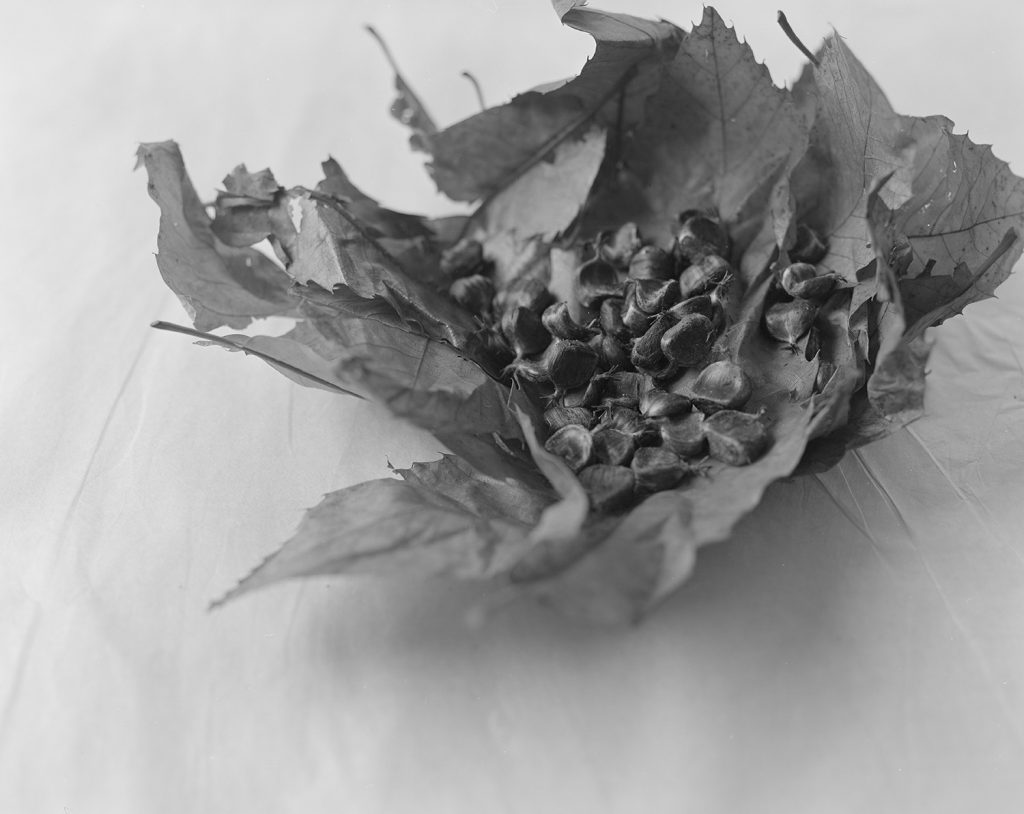
A leaf wrap with sweet chestnuts
©Yan Wang Preston
OFFSHOOT Artist in Residence programme is a collaboration between University of Salford Art Collection, RHS Garden Bridgewater and Open Eye Gallery Liverpool and is generously supported using public funding by the National Lottery through Arts Council England.
